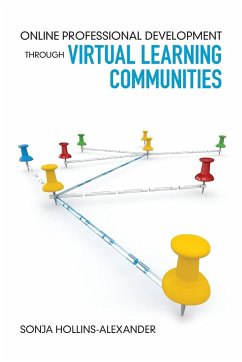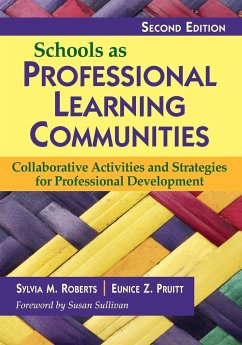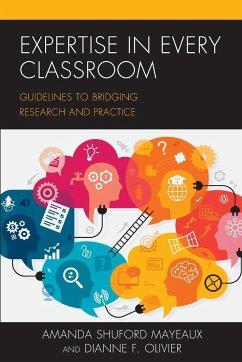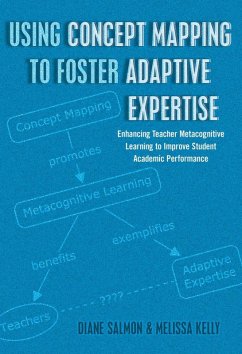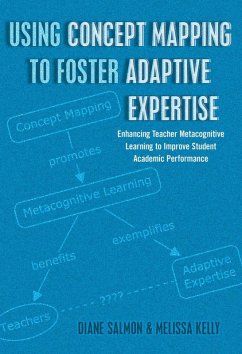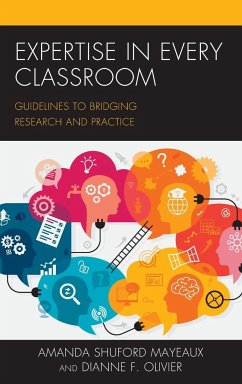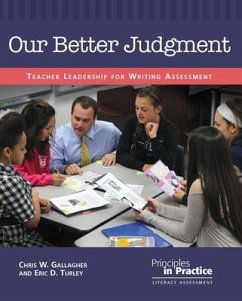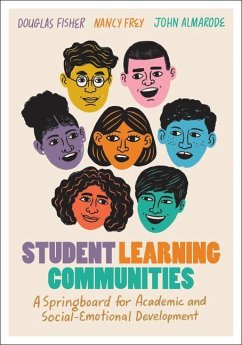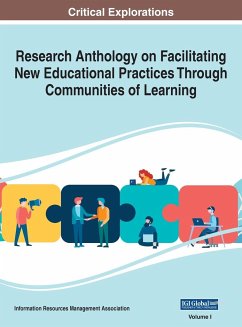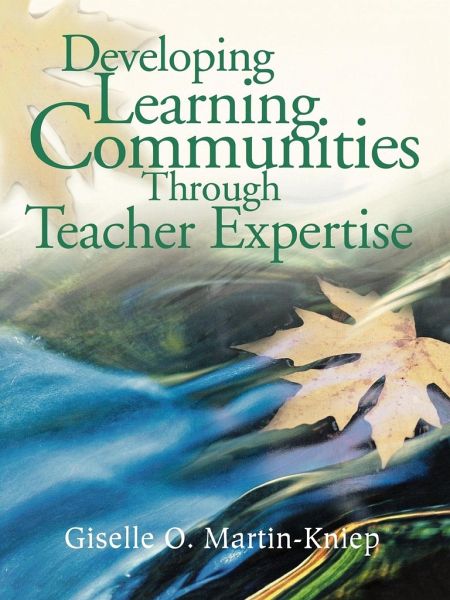
Developing Learning Communities Through Teacher Expertise
Versandkostenfrei!
Versandfertig in 1-2 Wochen
31,99 €
inkl. MwSt.

PAYBACK Punkte
16 °P sammeln!
The author presents "internal capacity building" as an alternative to external professional development: "Not having to turn to expensive outside experts all the time is, in the long run, cost saving to the school as well as a means to develop a large group of teacher experts." Using case studies that include practical applications and ideas, the author analyzes four approaches to building capacity: standards-based design, professional portfolios, action research, and learning communities. "Independently, these are powerful methods for individual and collaborative professional development. Tog...
The author presents "internal capacity building" as an alternative to external professional development: "Not having to turn to expensive outside experts all the time is, in the long run, cost saving to the school as well as a means to develop a large group of teacher experts." Using case studies that include practical applications and ideas, the author analyzes four approaches to building capacity: standards-based design, professional portfolios, action research, and learning communities. "Independently, these are powerful methods for individual and collaborative professional development. Together, they are synergistic forces that can produce significant organizational change."





